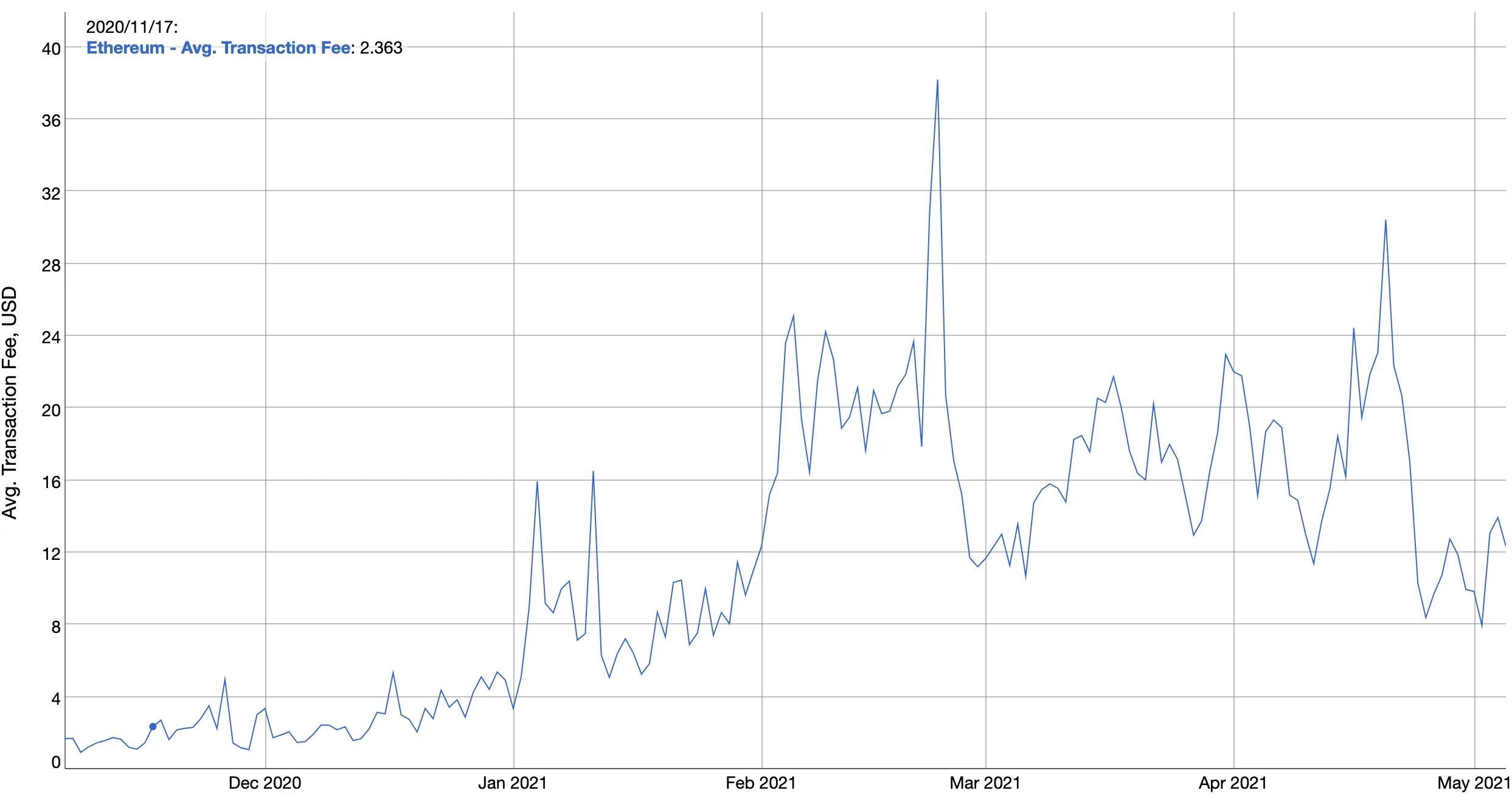In brief
- Binance CEO Changpeng “CZ” Zhao appeared at the Ethereal Summit.
- He answered questions about apparent Ethereum knockoffs on Binance Smart Chain.
We do the research, you get the alpha!
Several months after the world's biggest cryptocurrency exchange Binance launched Binance Smart Chain (BSC), its own blockchain to host decentralized applications, the company took heat for invading Ethereum’s turf—and potentially some projects' intellectual property.
Appearing at the Ethereal Virtual Summit powered by Decrypt on Friday, Binance CEO Changpeng “CZ” Zhao suggested that’s all just part of being an innovator.
“Ethereum did not invent blockchain,” he said. “Ethereum copied blockchain from Bitcoin… And obviously, people will look at what’s popular on Ethereum and try to copy it onto BSC.”
That can even be a good thing, he implied. He pointed to PancakeSwap, the decentralized exchange (DEX) that has surpassed Ethereum-based Uniswap in trade volume.
“Uniswap probably did invent the automated market maker, the liquidity pools, et cetera, so that's great, but in a decentralized world your concepts will get copied very quickly,” he said, referring to DEX staples that allow people to trade directly with one another without an intermediary.
Zhao then intimated that historically high Ethereum network transaction fees created an opening for products that were similar but better. “Honestly, if you stay on a blockchain that costs like $100 per transaction, you're not going to get that many users,” he said.

Decentralized finance, or DeFi, refers to financial products that replace banks and brokers with code on a blockchain, usually Ethereum. Since BSC went live in September, it has siphoned off Ethereum DeFi traders with the promise of lower fees and faster trading.
Developers building atop BSC (not necessarily associated with Binance), aware of Ethereum’s first-mover status, also borrowed from Ethereum-based projects such as Euler Beats, Hashmasks, and CryptoPunks to create BSC versions called Musical Beats, Bashmasks, and Binance Punks—with very little effort made to otherwise hide their origins.
"That's a very natural thing for people to do," CZ said. "This is the same thing as, if some startup project is popular in the U.S., and they're blocked in China, guess what? The Chinese will try to do a copycat within China. China's a huge market, it's like one fifth of the world's population. And why not, right? That's why there's a copy of Google, there's a copy of Facebook, there's a copy of Twitter, there's a copy of pretty much everything you can imagine, there's a copy of PayPal. So that's quite natural. And it's impossible to protect concepts. I think the copyright laws, patents work, but they're typically very difficult."
CZ’s argument relates to the practicality and desirability of enforcing copyright on blockchain-based products, which are maintained by distributed networks of computers rather than a central actor. But it doesn’t negate the potential illegality of creating knockoffs.
“People equate decentralization with just total abdication of rules and rights,” ConsenSys General Counsel Matt Corva told Decrypt in March. Even with open-source software, which contains code that can be modified and built upon, Corva said, “It’s not a free license to just copy and past their entire business and product and release it under your own brand.”
With DeFi and NFTs—unique digital assets that indicate ownership and can be verified via a blockchain—becoming major parts of the crypto economy, the turf war is far from over.





